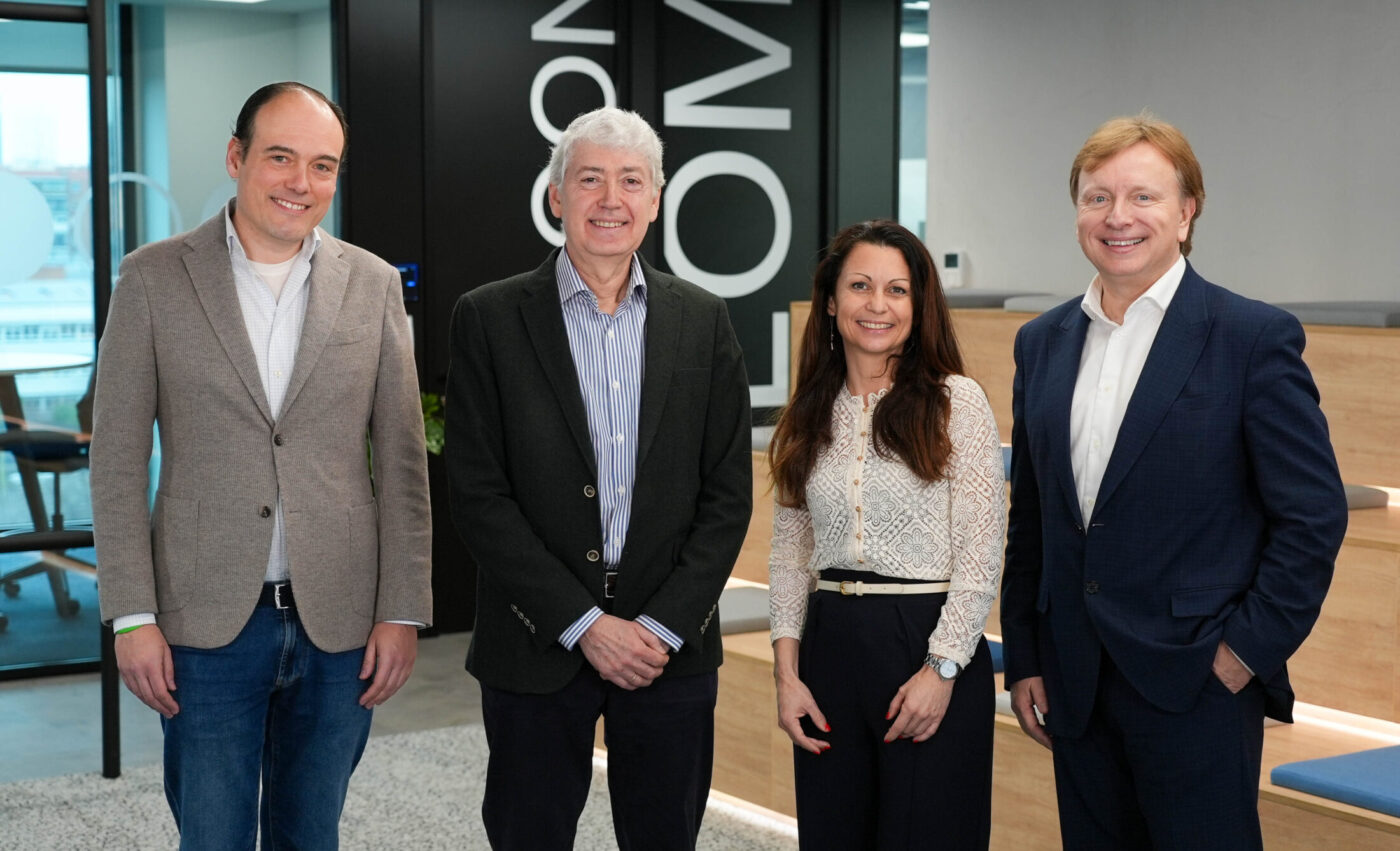The Alliance is pleased to demonstrate the lasting positive impact that employability programmes has on participants – sharing insight on the outcomes of our employability programme in India and Vietnam, which helped to transform the lives of survivors of human trafficking and those at risk, with the support of the Global Fund to End Modern Slavery (GFEMS).
About the Alliance’s employability programme:
Our Core Employability Programme for Hospitality is comprised of a three-month training cycle to prepare young people for careers in hospitality. We work with local non-profit partners, including a network of referral organisations, to reach young people and provide support during training and into jobs. Trainees enrol in a one-month classroom course on soft-skills, English language and introduction to housekeeping, food and beverage and culinary departments. This is followed by two-month practical training at a hotel or hospitality related business. On completion, graduates are supported with linkage to job opportunities and interview preparation to apply for hospitality jobs.
The following impact blog is based on one-to-one interviews with 50 of the130 trainees who took part in the programme, as well as interviews with staff from referral organisations, and managers from businesses where trainees completed their training.
The challenges faced by survivors and people at risk, ahead of the programme
When asked what they observed to be the main obstacles for survivors and those at risk, in developing their livelihoods capacity, referral organisations outlined the following key challenges:
- Negative attitude of others
- Low education level (limited to school graduation or lower)
- Learning to be responsible
- Having career options
- Logistics (accommodation, long commute, cost of travel)
- Securing a job
- Not knowing their rights
Our research found that disbelief in their own abilities or fear they will be perceived as less by others was especially common amongst women.
One female survivor said: “I don’t have an education degree. I am a girl. This makes me think people will think less of me or not give me opportunity.”
New skills, changed attitudes and better prospects
Through participation in our employability programme, young people had a unique opportunity to develop new skills and a new approach to employment, which otherwise would have been difficult to achieve without support.
In particular, some partners reported that survivors and at-risk young people were not interested in pursuing education beyond school and so this programme offered an alternative and employment opportunity. Six out of seven partners noted that practical skills training at a place of business substantially contributed to the rehabilitation process.
One 32-year-old female survivor said: “I was able to find a job because of this training, even though I haven’t completed school beyond 5th grade”.
Almost all participants stated that they had learned new skills, were confident interacting with colleagues and guests, and were confident adapting to new work environments, and as such, planned to continue working in the industry. Graduates additionally learned to manage money, as they were supported to open their own bank accounts – 71% reported managing their salary themselves and 55% were able to save some portion of their salary each month.
One 21-year-old female survivor said: “I learned a lot of things during the training and have had changes in my behaviour. I’ve also learned to save money and have had a very good lesson on discipline, honesty, and hard work”.
What’s more, all organisations reported a change in participants’ attitudes over the three-month training period, with trainees able to let go of negative habits and perceptions about themselves and develop a new-found confidence. This change was found to be of significant value to trainees, as it enabled them to approach new social situations with self-assurance and positivity, both inside and outside of work.
A shelter home Superintendent said: “Very traumatised girls come to us. Once they start going out for the training, they quickly feel they are learning and gain confidence. They become curious and bold in facing the world, learn manners in how to speak and interact with others, become quite independent and resourceful, especially as they open a bank account, and become conscious about saving. They grow as a whole person, moving out of dependency and insecurity”.
The Head of Group Homes noted: “The women have grown a lot. Talk better, behave better, mange time better. The main thing is confidence level that improves. The insecurity and intimidation they felt before, the programme replaces that with confidence and safe interaction with others”.
Ahead of their involvement in the programme, 34 participants had reported a lack of direction or aspirations. After taking part in the programme, 29 of these young people stated that they had clearer aspirations and an increased understanding of how they could progress and develop a career.
The wider impact on participants families and communities
As the participants’ behaviour and demeanour changed, we found that this had a knock-on effect on the attitudes of trainees’ families and wider community. 72% of participants reported a positive change in attitude towards them, and 84% felt an increase in support from family and friends.
One female survivor, who is now self-employed, said: “My mother is very happy with me, especially to see me working even when I didn’t get any education. My husband is encouraging me to think about developing myself and grow my work”.
Another female survivor, who is now working as a nursing assistant, said: “My father is very happy. My in-laws are also happy. When I had night duty, my family supported me to complete it and managed other people’s comments. They trusted me”.
Referral organisations staff, who regularly met and interacted with participants’ family members, also shared their observations on not only how the attitude of family members changed, but also how attitudes towards trainees’ families improved.
A Caseworker at a shelter, noted: “One student from our organisation has secured job at a hotel with accommodation. When I met the family, they were very happy and feel they have found a way to settle the girl. Most families think hotels are only for rich people but when our students get a job there, they are very happy”.
A Senior Social Worker at a shelter commented: “[The trainee’s family] started taking interest and supporting the girl, and they started feeling proud of the girl when she started working. One mother went to the hotel to see her daughter and wept. The hotel staff had sat her down and brought tea for her, saying, ‘you are our guest, not just a family member of our trainee’. She had not received or expected such respect, especially from a fancy hotel”.
Participants coming out of the programme also had a very positive influence on other residents of shelter homes.
The Lead Case Manager of shelter and group homes said: “When one woman got a job, others started saying they also wanted to train and work at hotels. When the women who have got jobs and have stayed in jobs, come back and share how their life has changed from training and work, it inspires the other women waiting at the shelter home”.
The future is bright for young people
Above all else, the main aim of our programme with GFEMS was to open doors for survivors of human tracking, as well as those at risk, and avoid the risk of re-trafficking.
A Senior Social Worker at a shelter said: “When a girl successfully manages to get her first job, 90% don’t get re-trafficked. They now know and have experienced that there is life without exploitation”.
As such, we are pleased to report that interviews conducted between 3 – 24 months after graduation found that 93% of graduates had either been in work since graduation or had secured work in the months following.



